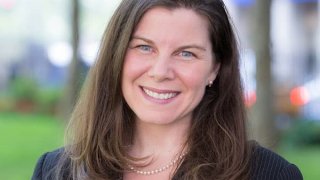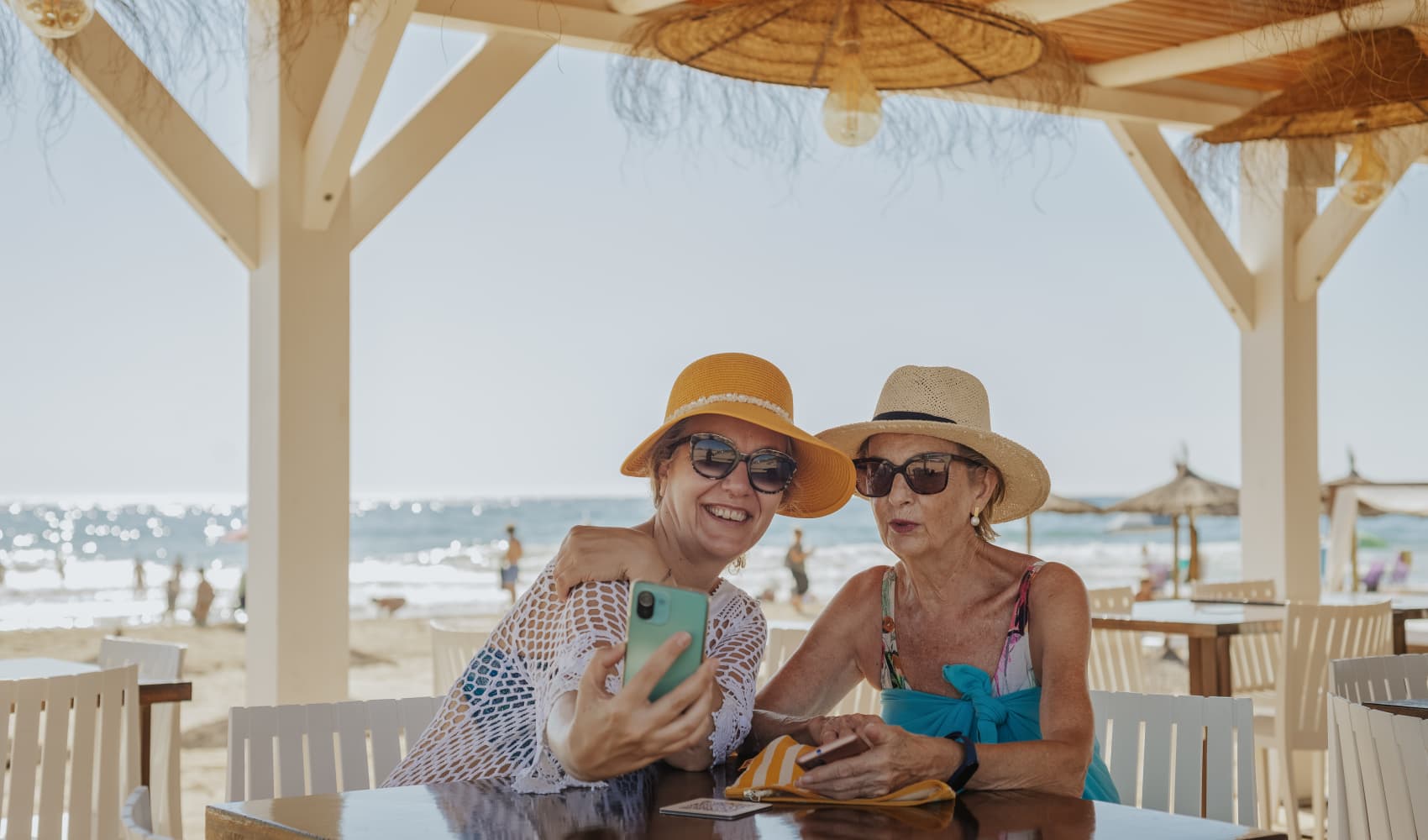
- Stacy Francis founded Savvy Ladies, a non-profit providing free financial advice for women, after seeing her grandmother suffer from spousal abuse.
- The organization offers free virtual guidance nationwide, regardless of income, through a financial hotline that connects women with a pro bono advisor.
- "Investing for women is not a nice to have, it's a must," said Francis. "The stakes for women are higher."
Stacy Francis never planned to become a financial advisor, especially one for women going through divorce. But a candid talk with her grandmother shifted her career trajectory.
Her grandmother, Myra, was a victim of spousal abuse and, before passing, she confessed to staying in her marriage because she felt "financially trapped."
"That's what drove me to go into this field," said Francis, who founded Savvy Ladies, a non-profit providing free financial advice and education for women, along with her advisory firm Francis Financial in New York.
Get a weekly recap of the latest San Francisco Bay Area housing news. Sign up for NBC Bay Area’s Housing Deconstructed newsletter.
"It really is my love letter to my grandmother," she said.
Francis, a certified financial planner and a member of CNBC's Advisor Council, started Savvy Ladies in 2003 through workshops in her New York apartment.
Money Report
Today, the non-profit offers free virtual advice nationwide, regardless of income, through a financial hotline that connects women with a pro bono advisor.
While there are organizations devoted to women in poverty, Francis sees limited options for those with moderate incomes or assets, such as women starting their first job, getting divorced or seeking advice as a single mother.
"There's just a huge swath of women that desperately need this financial advice," she said.
Judy Herbst, the organization's executive director, said Savvy Ladies has connected more than 600 women with advisors in 2022, with 174 callers in April alone.
Nearly half report incomes of less than $74,000 annually, according to Herbst, with 60% saying they are the sole member of their household.
There's a core group of callers in their 40s and older who recognize the importance of building wealth, Herbst said. "They're going from debt management and divorce to finally asking 'how do I invest?'" she said.
Savvy Ladies also partners with other non-profits to co-host events, such as financial education workshops, she said.
Investing matters more for women
While Savvy Ladies' hotline fields a range of money questions, investing queries are common, especially among women in their 40s and older, according to Herbst.
"Our portfolios have to work harder," said Francis, explaining how women live longer and spend more on medical expenses, but typically start retirement with a smaller nest egg.
Indeed, the median income for women 65 and older was $47,244 in 2016, including earnings, retirement income, Social Security and property, according to a 2020 report from the National Institute on Retirement Security. However, the figure for men age 65 and older was $57,144.
Women's assets need to last to age 95, which may require higher returns if they're starting with less, she said. But volatility often triggers more anxiety for women with less experience.
Francis urges women to "lean into investing" to build confidence, whether it's working with an advisor or organizations like Savvy Ladies, taking courses or reading books.
"Investing for women is not a nice to have, it's a must," she said. "The stakes for women are higher."
The leap to entrepreneurship
Savvy Ladies has also guided aspiring women entrepreneurs who left corporate America to launch a business and current owners who were struggling to make ends meet, said Francis, who knows the challenges of starting a company from scratch.
Budding entrepreneurs need to financially prepare, starting with two separate emergency funds — personal savings and a cushion for the business, which tends to be overlooked, she said.
When leaving a steady paycheck, women need a way to replace their earnings, said Francis, such as saving six to 12 months of living expenses, creating a stream of investment income, portfolio withdrawals or taking Social Security payments sooner, she said.
"The biggest piece is making sure what you're doing is sustainable," Francis said. "And that you're not putting yourself financially behind."
Francis suggests setting a timeline to earn a specific income, which worked for her business. For example, you may allow portfolio withdrawals for 'x' years before replenishing those funds, she said.
Other women may start a business on the side of their corporate job. "They'll build that business up," she said, explaining how it may bridge the earnings gap from employee to owner.






